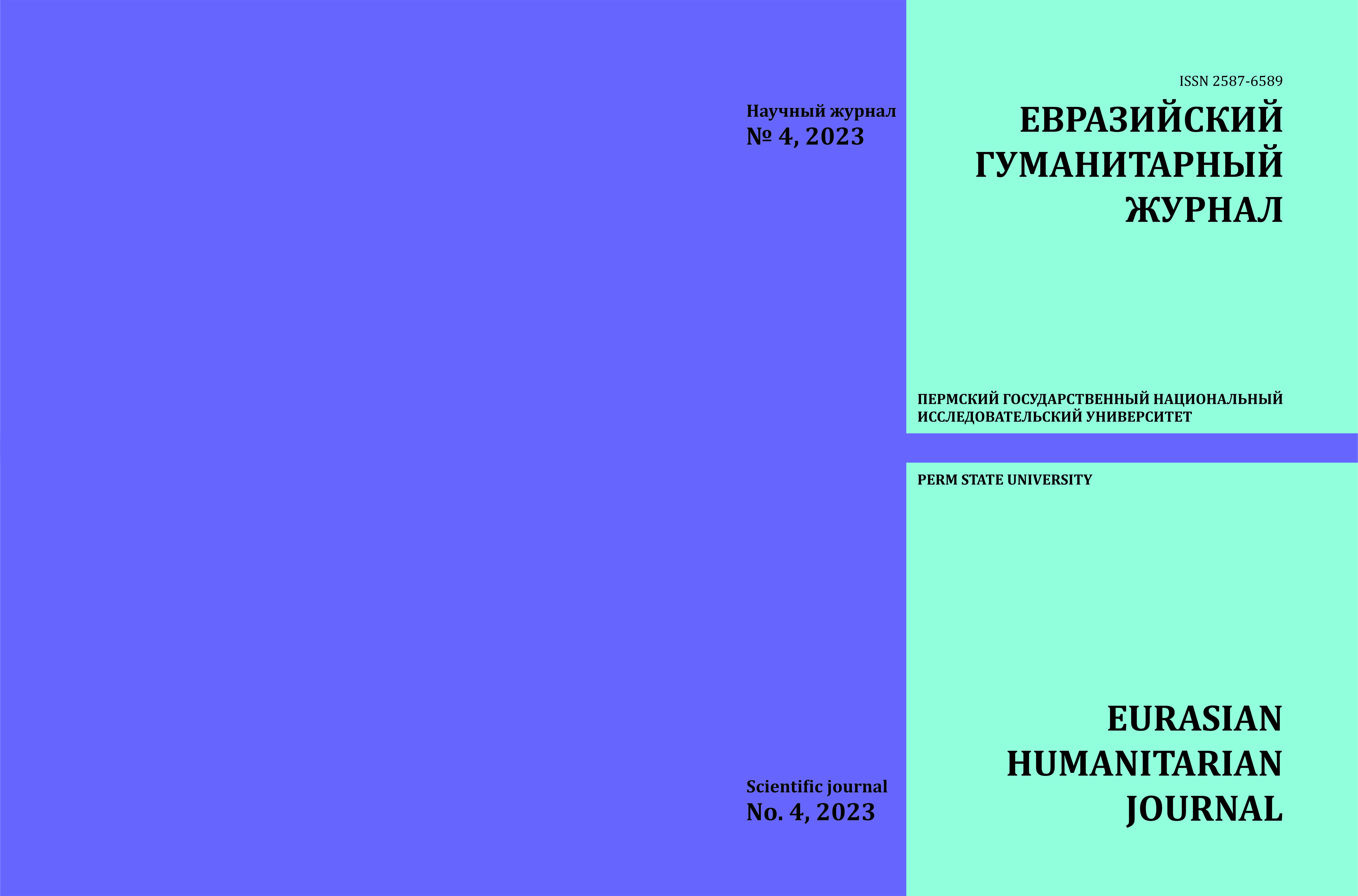РАБОТА В КОМАНДЕ КАК СПОСОБ РАЗВИТИЯ SOFT SKILLS УЧАЩИХСЯ НАЧАЛЬНОЙ ШКОЛЫ
Ключевые слова:
современные образовательные технологии, технология кооперативного обучения, работа в команде, soft skills, креативность, критическое мышление, коммуникация, межпредметное обучениеАннотация
Статья посвящена рассмотрению одного из приёмов реализации технологии кооперативного обучения школьников – работе в команде – в настоящее время достаточно распространённому и эффективному способу организации обучения в среднем и старшем звене общеобразовательной школы. Опыт применения кооперативного обучения в начальной школе в методических источниках рассматривается редко, и различные аспекты применения этой технологии в начальной школе являются недостаточно освещёнными даже в специальной литературе. По мнению авторов, не осмыслен до сих пор эффект командной работы, который проявляется в интенсификации формирования у детей так называемых soft skills («гибких навыков»): способности к кооперации, коммуникации, креативности, критичности мышления, что является очень важным уже в период обучения ребёнка в школе и в будущем должно послужить основой для успешной коммуникации. В статье представлены результаты исследований, проведённых одним из авторов на базе пермской гимназии № 33; описаны этапы подготовки класса к реализации командной работы, её осуществления, трудности на пути к формированию у детей необходимых качеств; показан постепенный качественный прирост результатов. Реализация командной работы потребовала от учителя-исследователя перестройки структуры урока, а также объединения в рамках урока различных предметных областей знания (окружающего мира и технологии, русского языка и литературного чтения, математики и изобразительного искусства и т. д.). Авторами описываются этапы проведённых уроков, определяются сильные и слабые стороны работы с использованием описываемой технологии, возможные риски при реализации этой работы. Результаты проведённого исследования показывают прямую зависимость скорости формирования soft skills («гибких навыков»): способности к кооперации, коммуникации, креативности, критичности мышления – от степени вовлечённости школьников в КР.Загрузки
Опубликован
2024-04-12
Выпуск
Раздел
ЛИНГВОДИДАКТИКА

